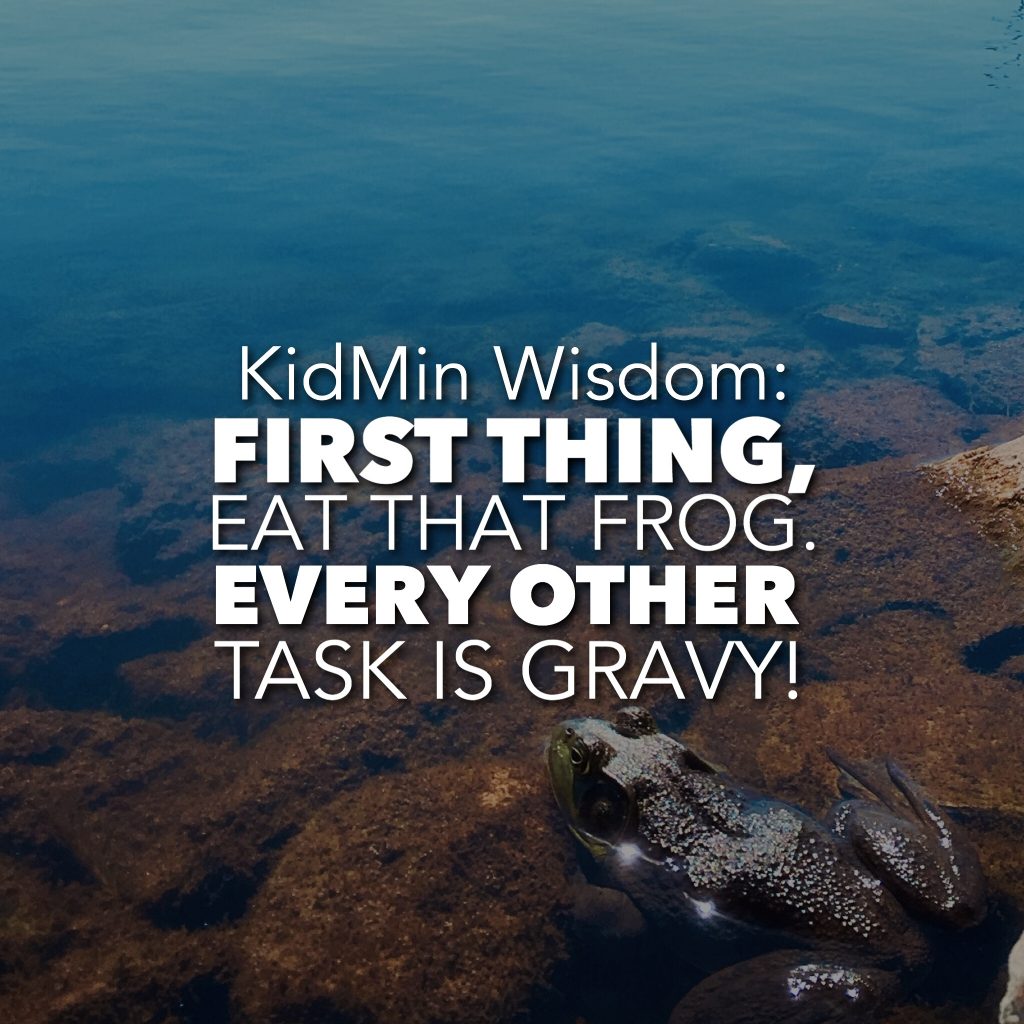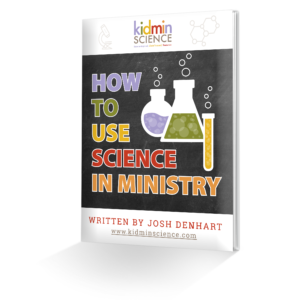
A number of years ago, while sitting in an airport, I saw an interesting book by a name that I vaguely recalled. The author was Brian Tracey and it turns out that Brian Tracey is a productivity guru. The book is entitled Eat That Frog.

Let’s imagine that you sit down to dinner with your 5-year-old, and your 5-year-old looks at the plate and sees broccoli, steaming mac and cheese and fresh raspberries. In their mind they are so eager to eat the mac and cheese, and super eager to eat those bright red raspberries, but they know the broccoli is just not something that they want to partake in.
Two Strategies
There are two strategies at this point. You can eat the hardest thing first and get it down and then the rest of the plate is quite a joy to consume. The other strategy is to eat everything that you like first and then be left with that horrible, bitter-tasting broccoli.
Well, Brian Tracy suggests that we tackle the hardest, most intense, thought-demanding tasks first. That we dedicate at least an hour, if not two hours, to the biggest, most audacious things that we would most like to put off and to do those first. Then in the remaining part of your day you can easily crank out benign emails, brainless tasks, and at the end of the day you have cleaned your plate.
Often what happens to many leaders, myself included, is that I jump in, I spend the best part of my brain power and my energy combing through low grade, low quality, low importance emails. I spend my time ticking off the easiest tasks first.
And then, at the end of it, I stare at this gargantuan task that needs to be tackled, but I don’t have that much energy left and I really don’t have that much interest. And now I am almost out of time. Do I want to try to tackle this big, fat, ugly frog that really doesn’t taste very good and goes against my procrastination sensibilities. Do I want to try to tackle that at 3:42 p.m. knowing that I’m not going to make it very far?
Move Important Things Forward
Well, Brian Tracey’s book has actually been revolutionary for me. If I can dedicate the first couple of hours toward the most critical tasks that take the most brain power and the most time, I find myself moving very important things forward. At the end of the day, there will always be enough time to crank through small emails and small checklists. Those things can happen pretty fast.
In addition, when we have a time constraint, we will often allow those tasks to fill up the time that we have allotted to it. As an example, if I give an hour of my time toward cranking through emails, I could spend an hour and a half just tinkering around and trying to solve some of these low level problems.
However, if I have 30 minutes before the day is over and I have this list of emails to go through, I am extraordinarily efficient. That is my point. Do the hardest thing first and then the rest of the small tasks can be done fast.
Eat that frog!
Using science in ministry is a powerful strategy to have fun, keep it simple and reach people. This e-book provides the why and how of effectively using science in ministry!
